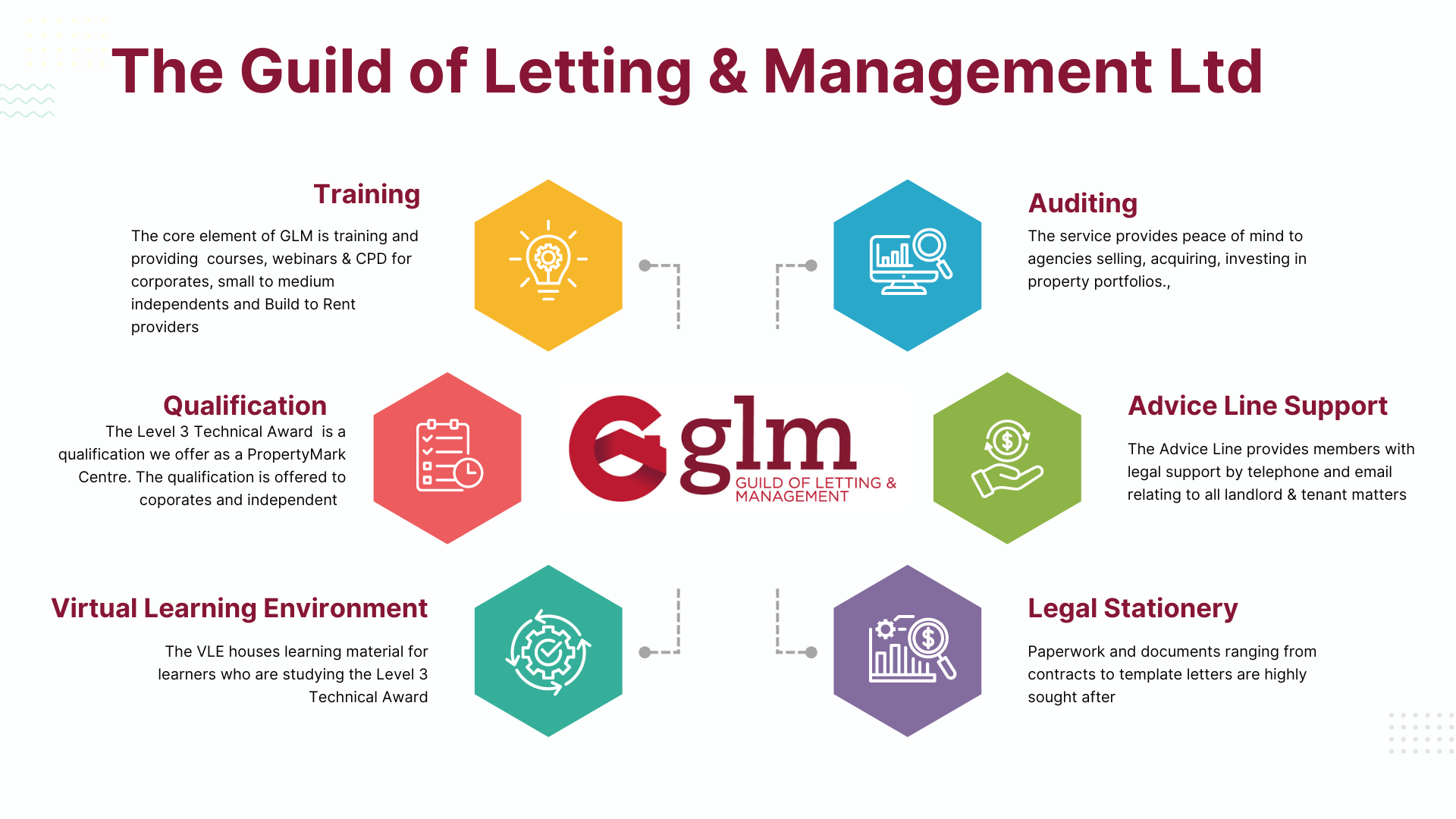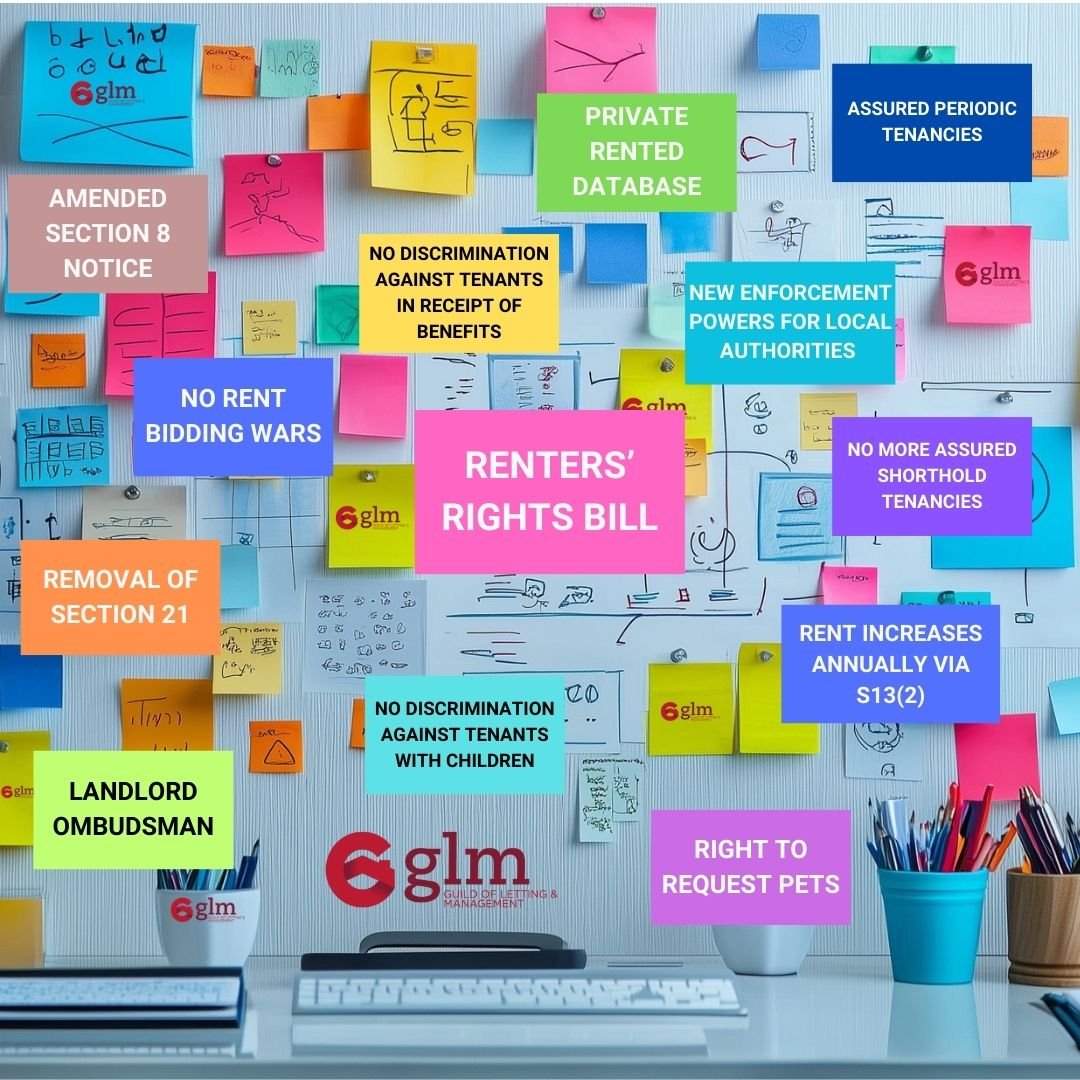
Spring & Gardens
We appreciate that not every rental property has a garden or outside space, however, landlords believe that outside space and gardens, in particular, are an extension of the internal part of the property.In rental properties, the upkeep of the garden is typically the tenant’s responsibility unless a gardener is included as part of the tenancy.
1. Condition at the Start of the Tenancy
The condition of the garden should be documented at the beginning of the tenancy. This process is usually conducted by the Landlord or letting agent, with agreement required from both parties. Disputes frequently arise due to differing recollections of the original state of the garden. At the end of the tenancy, the outdoor space should be returned in the same condition, allowing for reasonable wear and tear.
2. Responsibilities During the Tenancy
A standard tenancy agreement typically requires the tenant to mow the lawn, trim hedges, remove weeds, and dispose of garden waste. Bins should also be emptied regularly, and general tidiness must be maintained. Structural repairs, such as those to fencing, walls, and paths, remain the responsibility of the Landlord unless damage has been caused by the tenant. In such cases, deductions from the deposit may be made to cover the cost of repairs, provided this is permitted within the tenancy agreement.

Preparing for the Future – Strategic Training on the Renters’ Rights Bill
The landscape of the private rented sector is on the brink of significant transformation with the imminent introduction of the Renters’ Rights Bill. As a professional letting agent, ensuring compliance, maintaining operational efficiency, and staying ahead of regulatory changes is crucial for business longevity and reputation.
At the Guild of Letting & Management, we understand the complexities of legislative reform and the direct impact it has on your business. That’s why we have developed a suite of specialised training, strategic planning services, and membership benefits tailored specifically for letting agents.
Our goal is simple – to equip you with the knowledge, confidence, and tools to thrive in the evolving rental market.

The Renters’ Rights Bill - Why preparing for change is key to Minimising Risk
I have been decidedly quiet on LinkedIn for the last 4 or 5 days to reflect and take stock of what is happening in the PRS, and to be honest, rest my eyes from all the reading I have been doing over the last 7 months – well more if we factor in the Bill from the previous government.
Research, reading, analysing, interpreting, formatting courses, drafting questions, drafting answers, writing blogs, attending legal seminars & courses, speaking at events, delivering webinars & courses are all part of the remit and require planning. The last time my colleagues and I encountered this volume of work was with the introduction of the Housing Act 2004. I had just embarked on my career in the PRS and sat back whilst my colleagues and barrister / mentor / friend / oracle did the heavy lifting.

Home Buying & Selling
Major new plans to modernise home buying and selling to save people time and money and further measures to improve the lives of leaseholders
Millions of people are set to benefit from improvements to the way homes are bought and sold, saving them both time and money by helping stop property transactions from falling through.
On the 9th February, the government announced that it will modernise the way the process works to bring down current delays of almost five months. One of the key reasons the buying and selling process can be long and frustrating is a lack of digitalisation and join up in the sector, which is why the government is opening up key property information, ensuring this data can be shared between trusted professionals more easily, and driving forward plans for digital identity services to slash transaction times.
